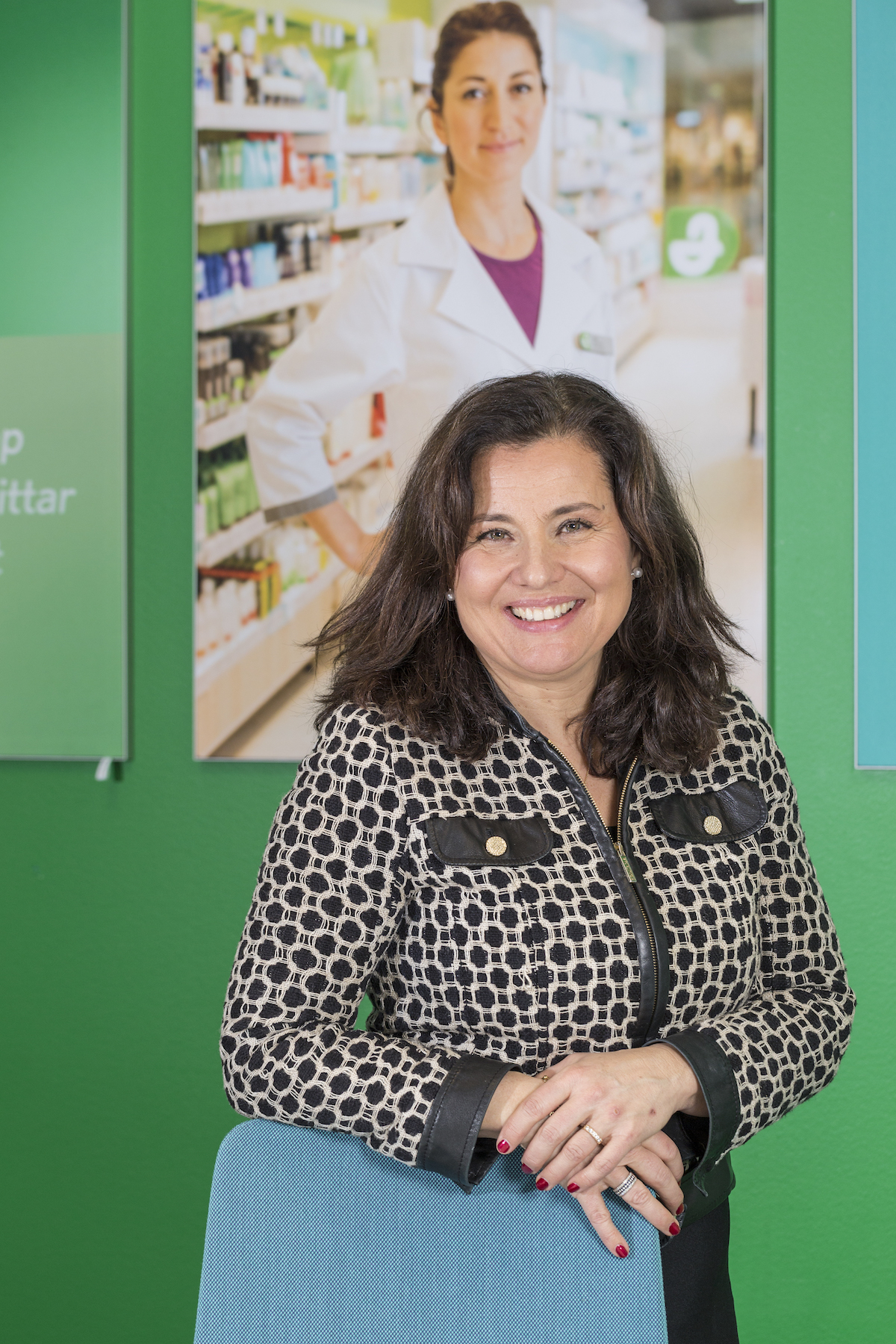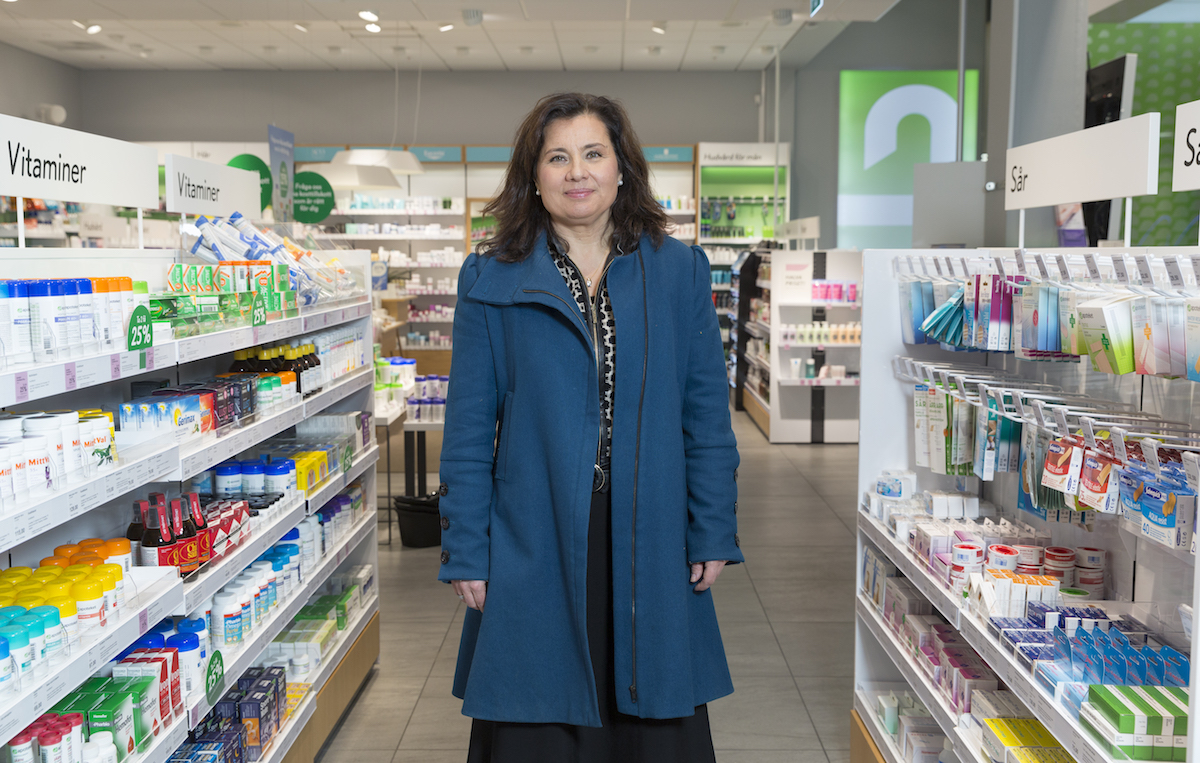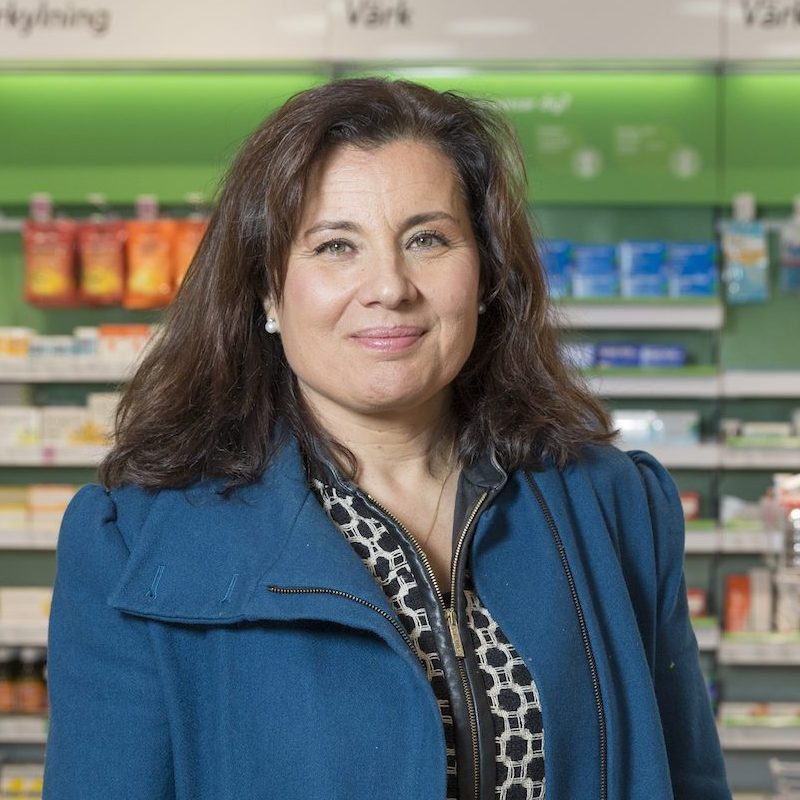Since Apoteket’s monopoly on the retail sale of medications in Sweden was abolished in 2009, the pharmaceutical retailer has undergone a series of major transformations. CEO Ann Carlsson, who joined the company in 2010, has largely led the charge on the company’s overhaul, and despite significant changes to the market has helped Apoteket retain its status as one of Sweden’s most valuable consumer brands.
The CEO Magazine speaks with Ann about her passion for health and helping people, and how Apoteket has stayed true to its customer-centric values in the face of so much change.
The CEO Magazine: Why did you decide to take on the role as CEO of Apoteket?
Ann Carlsson: First of all, it was a once-in-a-lifetime chance to get into a company that was changing its entire structure. The challenge of developing a company to compete in the Swedish market was very exciting to me. The other reason I accepted the role is that all through my career I’ve been deeply involved in societal health issues, and wellbeing is something that means a lot to me. Apoteket deals with people’s health every single day — it’s the vision of the company to help people. This aligns with my own values and is something I want to be a part of.

Aside from pharmaceutical sales, what services does the company offer?
Today we operate 388 pharmacies across Sweden, which makes us one of the larger chains in the country, so pharmaceutical sales is still our core business operation. Our second business model is providing pharmaceutical delivery to other companies in the healthcare sector. In addition to just delivery, we offer extra services; for example, the drugs could be packed in dose-specific packages to cater for the individual needs of patients.
Another big component of our business is providing consulting services to customers — not just about the drugs, how they might impact someone’s body, and what the side effects might be, but also basic medical guidance; things like walking a bit longer every day, eating a variety of foods, and sleeping 7 hours a night. We also retail additional health products such as toiletries, and produce a range of veterinary medicines.
With new products flooding the market every day, how do you select the right products for your shelves?
All of our retail products are very strictly controlled. There are a lot of products that you can find in other shops around Sweden that we don’t sell; that’s done deliberately and is something I’m really proud of. For example, we’ve decided not to sell products that use cyclic siloxanes.
We also avoid products that contain certain allergens, which are not forbidden in the market, but we take our responsibility very seriously. Another thing we take into account is ethical production practices and environmental impact; sustainability is something we value very highly. Being discerning is one of our competitive tools. It definitely sets us apart, and it’s also a way for us to influence and guide the market into getting better products.

How important is the wellbeing of Apoteket’s employees?
We do our very best to offer our employees ways to live healthier lives. We encourage them to go to training, to get massages and so on. We have quite a lot of offers and incentives; it’s very important that we live in line with our company values. What we also believe, and what I think is even more important when it comes to living a healthy life, is that people should be happy at work.
We have a biannual survey which we are using to measure how motivated our people are. Between 2014 and 2015, motivation rose from 72% to 77%, which is a good development. However, we always want to improve. Since the pharmaceutical retail market was decentralised in 2009, what has Apoteket done to ensure
it remains competitive?
Because of high competition, we’ve had to be much more aware of costs and efficiency measures, and have had to shrink the company’s overhead service. So, behind the scenes, we have done quite a lot of efficiency work, and that’s something we have to revisit year after year. The details are very important in retailing, and that’s something that we’re still learning, because it wasn’t as important when we were a monopoly.
Another thing we’ve had to consider is the ways in which we connect with our consumers, particularly when it comes to young people; traditional advertising, such as TV commercials, is not as effective as something like YouTube. Vlogger personalities have taught us a lot about using the internet to market products — you have to be quick and you have to be very close to the customers. We’re also proud of our e-commerce solution, including a newly released updated app enabling 24/7 conversations with pharmacists.
What does the future hold for Apoteket and the pharmaceutical industry more broadly?
As people are living longer, pharmaceuticals are becoming more essential. I see Apoteket working more closely with the pharma industry in the future in order to improve treatment.
I also think that medical drugs are becoming more complex than they used to be, which requires more knowledgeable pharmacists to inform and help people. If pharmacists can be more consultative, I see Apoteket taking some of the health burden away from doctors and hospitals, which is a far more sustainable way of operating.



